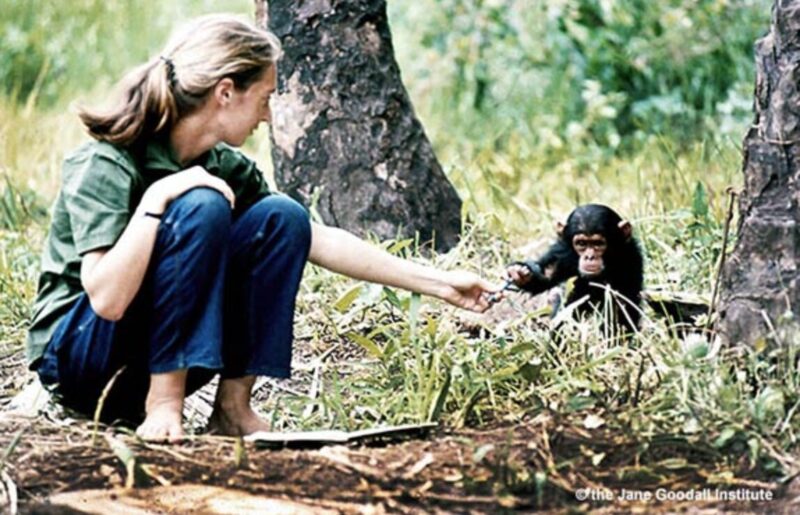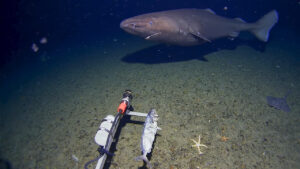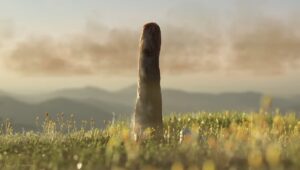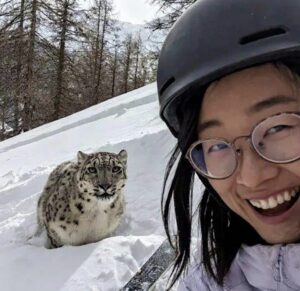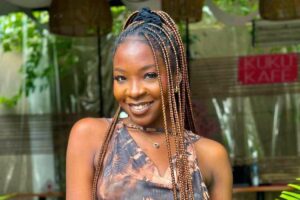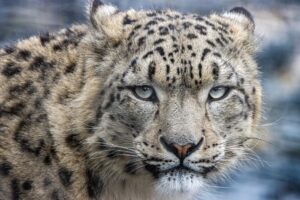World-renowned primatologist and conservationist Jane Goodall has died at the age of 91. The Jane Goodall Institute confirmed today that she passed away peacefully in her sleep while on a speaking tour in California.
Born in London in 1934, her favorite books were Tarzan and Doctor Dolittle. She spent her childhood dreaming of traveling to Africa.
“I’ll go to Africa, live with animals, write books about them,” she once told CBS News about those early desires.
Even in these dreams, she never imagined she would be a scientist. At the time, it was almost unheard of for girls. Everything changed when she got a job as a secretary with paleoanthropologist Louis Leakey. He recognized her gift with animals and sent her to Tanzania to observe chimpanzees at Gombe Stream National Park.
He thought understanding chimpanzees would give an insight into how our ancestors behaved. In 1960, at the age of 26 and without a formal degree, she began the fieldwork that would alter the course of primatology.
At Gombe, she witnessed and meticulously recorded extraordinary behaviors. Chimpanzees making and using tools. Stripping leaves from twigs to fish termites from their mounds displayed a skill we thought only humans had. They exhibited emotions such as grief and had social relationships and a hierarchy. The study made us redefine what it is to be human.
Chimps as individuals
Even more radically, to many in the field, Goodall insisted on seeing the chimpanzees as individuals, giving them names like David Greybeard and Flo, and following their lives over the years. Her observations forced the world to reconsider the supposed gulf between humans and other primates, and her work earned her a place at Cambridge. She began a PhD without even holding an undergraduate degree, a rarity even now.
Goodall’s personal and work lives were always intertwined. She met her first husband, Hugo van Lawick, in Tanzania. He was a wildlife photographer who filmed much of her early work. Even after divorcing, she credited his images with persuading many skeptics to take her findings seriously. In 1975, she married Derek Bryceson, then head of Tanzania’s national parks, who supported her conservation work until his death in 1980.
In 1977, she founded the Jane Goodall Institute, a leading body in primate conservation. She later launched Roots & Shoots, a youth empowerment program in 75 countries. She published over 30 books, became a United Nations Messenger of Peace, and spent her later decades speaking tirelessly on climate change, deforestation, and the urgent need to protect our planet. Even in her nineties, she was relentless in her efforts, traveling around 300 days a year to speak to the public.
Her fame and legacy extend beyond what she discovered about chimpanzees. They come from her forcing the world to see that protecting animals and their habitat is a moral duty. Over the last six decades, she has been one of the most trusted and beloved voices in science, inspiring generations of researchers and conservationists to continue and build upon her work.
